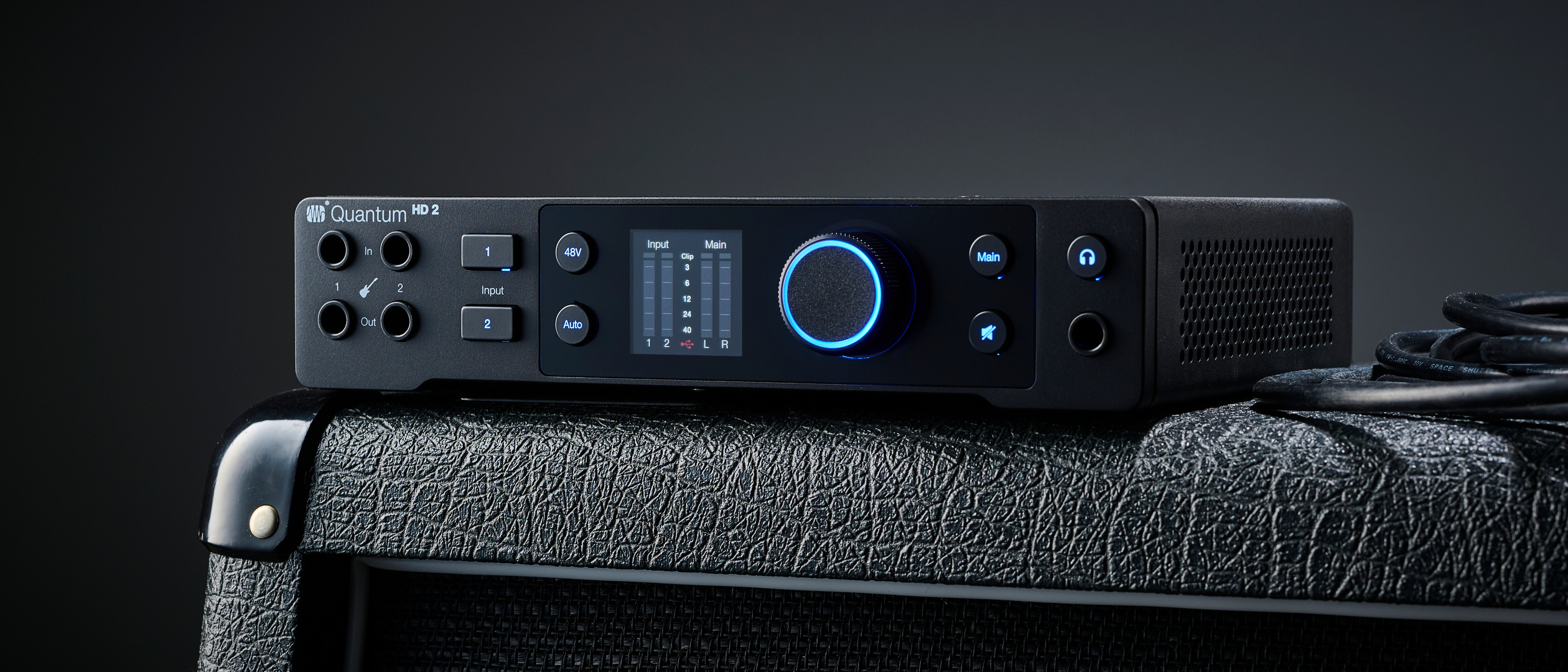James Munro of 4ARM: Four Differences Between Big and Small Shows
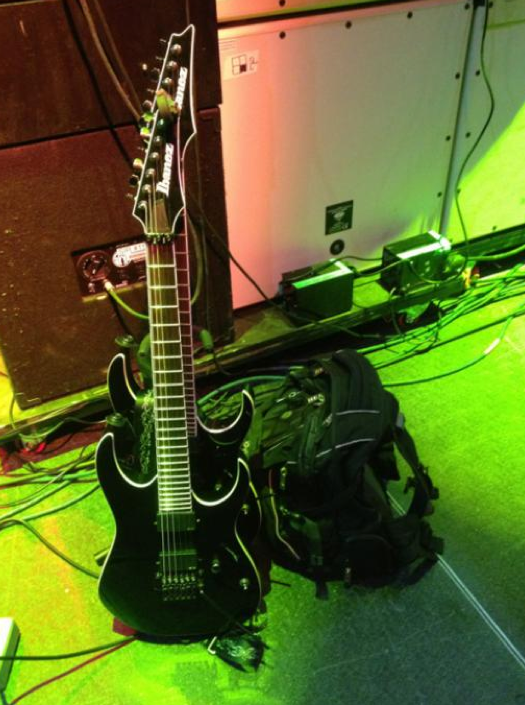
Greetings, and welcome to another segment of 4RM's tour diary.
This installment is about four differences between big and small shows. Many readers will probably guess what these differences are, but perhaps you can get a chuckle as we stumble our way through them.
For those who haven't experienced these situations, enjoy!
01. Sometimes it's just worth ditching the wireless system. We were having wireless issues that were intermittent between venues. For anyone who has dealt with wireless anything, it can be a real pain figuring out what the actual problem is.
Usually it has something to do with identifying the source of the interference, and this usually involves special gear of some sort. This kind of gear we don't have, so at the first sign of trouble, out came the cables.
The actual issue? Between Slayer and Gojira, they have a series of Sennheiser and Shure wireless instrument and in-ear monitor systems with backups that are all equipped to constantly scan the available frequencies for the best signal. So for a smaller system, it's like walking into a wireless battleground with your eyes closed.
02. Gear maintenance: How much is enough? Your gear has to work or there is no show, duh. Many bands have equipment set up in such a way they can handle several levels of failure before the show is in any danger. I have two RGIR Iron Labels that are identical for this purpose, so identical that I had to put a sticker on the headstock to tell them apart.
Get The Pick Newsletter
All the latest guitar news, interviews, lessons, reviews, deals and more, direct to your inbox!
I have a few spare parts lying around in case any issues crop up; however, I didn't purchase any of the holding blocks for the locking system and they are a very specific shape. I discovered how hard they were to find when one flew out at a show, requiring a quick guitar change and a fruitless trip to several guitar stores in LA. Turns out I got lucky and found it on stage that afternoon casually sitting next to Kerry King's footboard after Slayer played the night before. I think that was a warning from my guitar telling me to treat it right.
03. Load-out efficiency. A bigger show doesn't mean a more leisurely show; actually, it means quite the opposite. There is the same amount of time in an evening and literally two truckloads of gear that have to come out at the end of the night. For us, while we don't have two truckloads of gear, we have to make way for it so it is a mad dash to get all the gear out of the way, put away in its cases (without breaking any of it) and get it into the trailer. So if you have seen us play and wonder what we do once we finish, it's this, and it has to be done fast.
04. When you do things, have a process. I offered to help some of the Gojira crew pack up after a show, and they politely declined because they have an order they do things that guarantees everything gets done. While helping is great, it might interrupt the order of things and you risk forgetting something, especially if you are tired.
We've since adopted this and it helps a great deal as we're often tired from the long drive, the show and maybe a late night or two hanging out with the other bands and crew. We've also stopped leaving stuff we really needed behind, only to discover it's missing a few hours down the road.
Hope you've enjoyed our foray into the differences between show scale for us. Until next time!
For more about 4ARM, check out their official website and Facebook page.
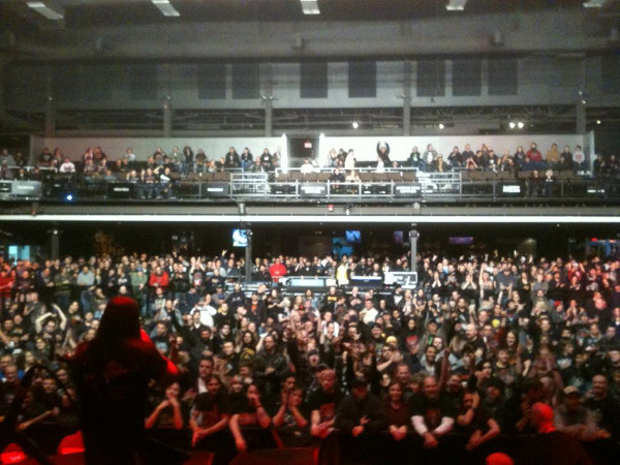
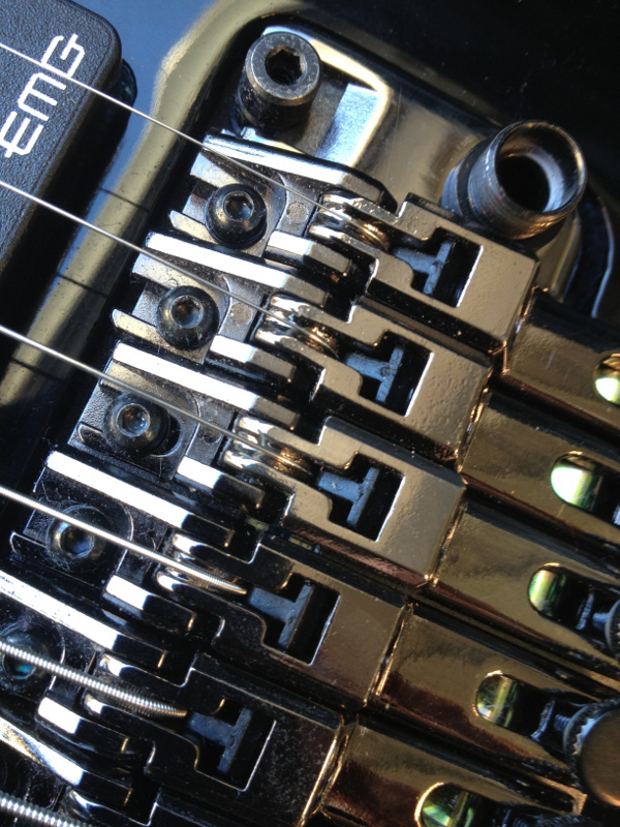
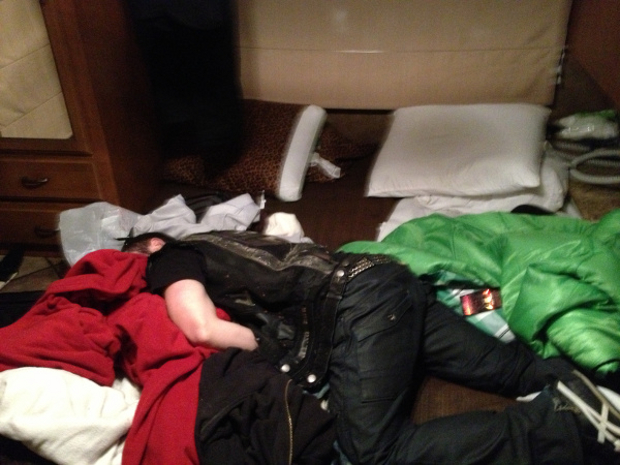
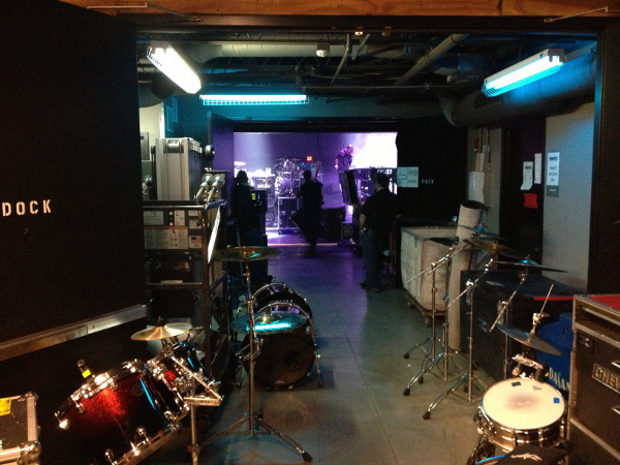
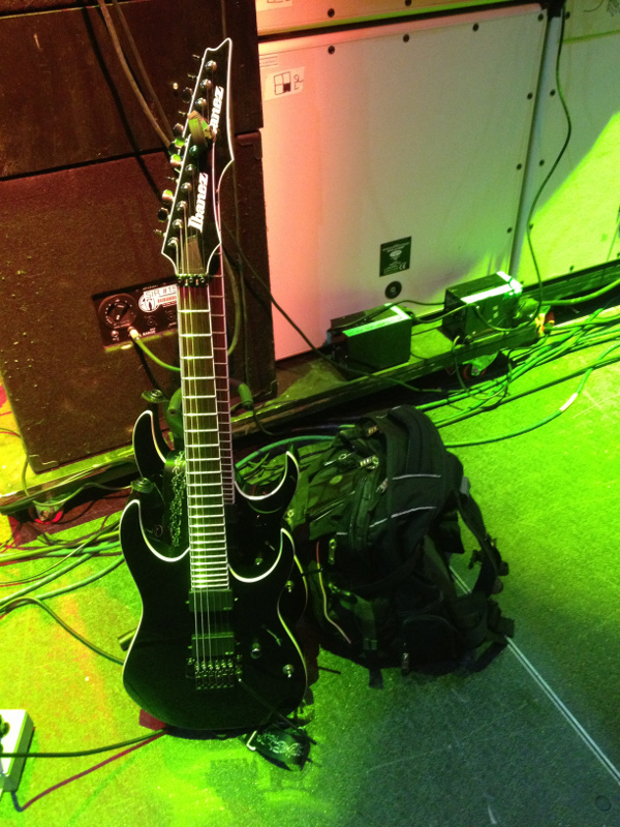
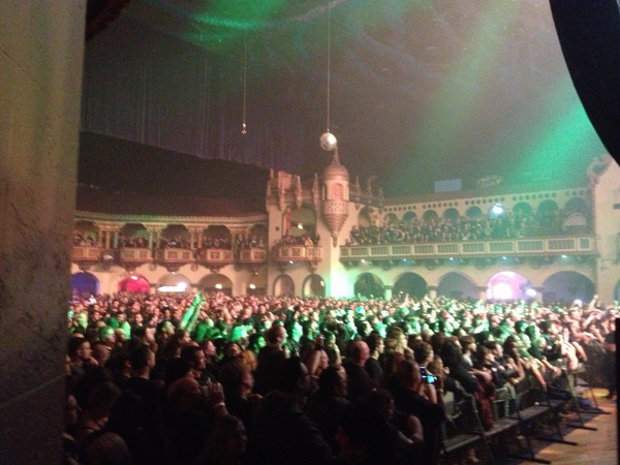
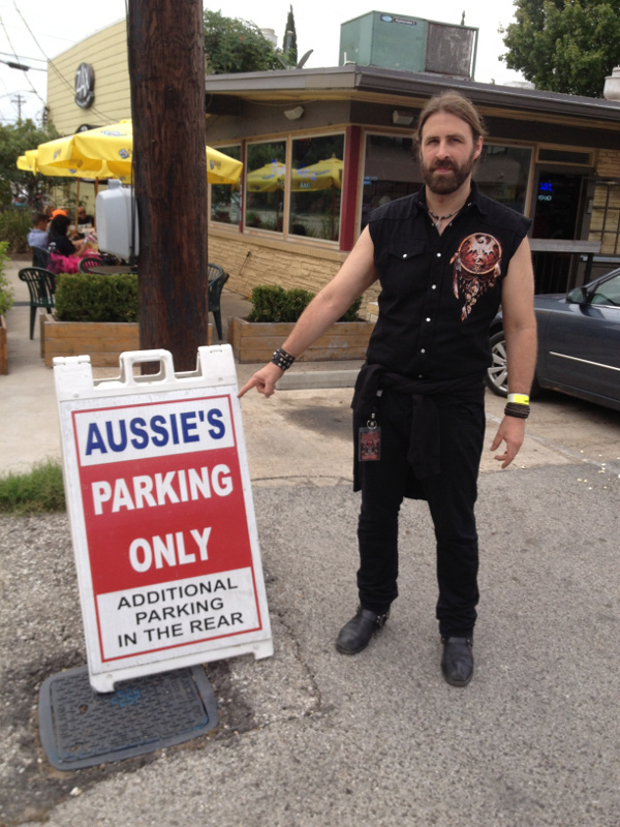
Weezer’s first show was opening for Keanu Reeves’ band Dogstar. Now the John Wick star is set to play a villain in the Buddy Holly hitmakers’ forthcoming mockumentary
“Even the thought that Clapton might have seen a few seconds of my video feels surreal. But I’m truly honored”: Eric Clapton names Japanese neo-soul guitarist as one to watch










